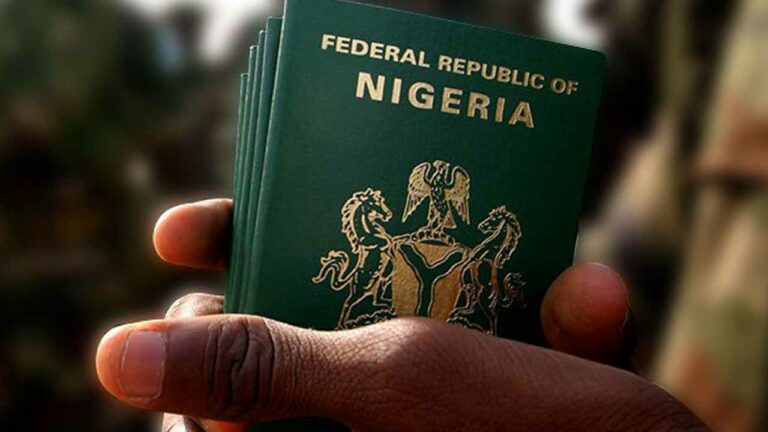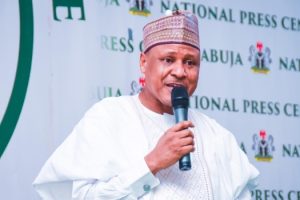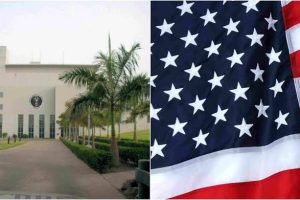
Tamilore Adewuyi, a Nigerian entrepreneur resident in Canada, has shared on X how his Nigerian passport made him pay an extra $1,500 simply for transiting through El Salvador.
Adewuyi shared on Friday that he was travelling to Costa Rica with three Canadian-passport-holding friends, and they were about to board the plane when officials pulled him aside to sign an agreement which mandated him to pay the additional fee.
The agreement required that he also pay the same fee on his return from Costa Rica.
“I was on a trip to Costa Rica with three of my friends earlier today (all Canadians). We checked in at the airport and were boarding already,” Adewuyi shared.
“They pulled me aside and handed me this paper to sign and make a payment of CAD$1,500 just to transit through El Salvador.
“I was confused, but because I didn’t want to miss the trip, I pulled out my card to pay that ridiculous amount for a freaking transit!”
According to the document Adewuyi shared, passport holders from all African countries and India have to pay a $1,500 tariff to transit through El Salvador for entry and exit.
“The Autonomous Executive Port Commission (CEPA), the entity in charge of administering El Salvador International Airport, established on October 19th, 2023, a new airport improvement tariff (from this point after known as the ‘tariff’) that became effective from October 23, 2023,” the document reads.
“This tariff applies to passengers of certain nationalities travelling in transit through Monseñor Óscar Arnulfo Romero y Galdámez International Airport of El Salvador, regardless of their country of residence and/or place of origin of their flight.
“Therefore, since your itinerary includes a transit through El Salvador, before boarding, you are required to pay the tariff amount of $1,130 (1,000 USD + 13% national tax) to the airline.”
The document revealed that the Salvadoran government imposes this tariff on all 54 African countries and India.
Aviacionline, a Spanish-based aviation news outlet, in November 2023, reported that the imposed tariff was set to curb the inflow from African travellers to the country and the United States, as well as contribute to building the Salvadoran airport.
The entrepreneur mocked the irony of the situation, calling it racist.
“Thinking about it, this thing is blatant racism, and it’s quite sad. You built an airport and now want supposed ‘poor’ countries to pay for it, all in the name of curbing illegal migration?” he wrote on Saturday.
Like Adewuyi, Alma Asinobi, a travel content creator, shared how she faced the same tariff discrimination during her Guinness World Record (GWR) attempt in March.
Asinobi was attempting to be the fastest person to visit all seven continents of the world within 60 hours with a low-ranked Nigerian passport.
She recounted how she spent between $1,000 and $1,300 on visa administration and miscellaneous fees. Meanwhile, Jessica, a friend she met on the plane with a German passport, paid nothing.
“So, say Jessica and I have the same dream, to visit all South American countries. Jessica: $0, Alma: ~$1000,” Asinobi wrote on March 17.
“Not to mention at least $300 spent in admin and misc fees, and more than 100 hours spent filling forms, commuting for interviews, putting documents together, etc.”
FIJ previously reported that Nigerian passport holders can only travel to 45 countries in the world without a visa, unlike Namibia, another African country that ranks 61st on the global passport ranking list and allows visa-free access to 80 countries.
Being able to access only 45 countries visa-free means that Nigerians would have to go through more rigid policies and tariff impositions to secure a visa to most countries of the world.
Some Nigerians have resorted to seeking to get a foreign passport while the federal government stands idly by on issues such as the discriminatory South American transit fees.





